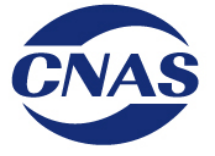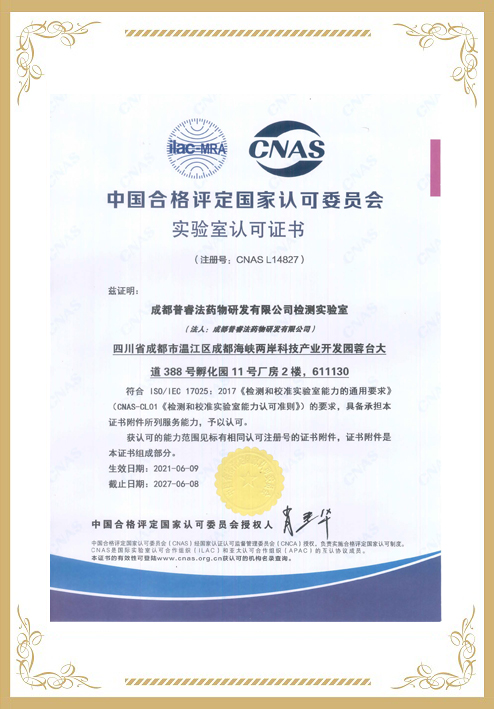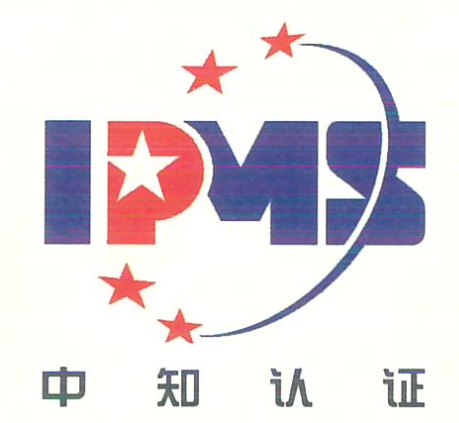Ethnopharmacological relevance
Benign prostatic hyperplasia (BPH), also called benign enlargement of the prostate, is a progressive disease that is observed in most elderly men. Yongdamsagan-tang, a traditional herbal formula, is used commonly for the treatment of inflammation-related diseases. Although the therapeutic efficacy of Yongdamsagan-tang against BPH in vivo was reported previously, its underlying mechanisms are not clearly understood.
Aim of the study
In this study, we investigated the effect of Yongdamsagan-tang water extract (YSTE) and its mechanism on the growth of human BPH epithelial BPH-1 cells.
Materials and methods
YSTE was extracted from 11 herbaceous plants and its chemical composition was analyzed by High-performance liquid chromatography (HPLC). YSTE was treated in the epithelial BPH-1 cell line and then cell lysates or supernant were used to evaluate cell viability, cell cycle, proliferation and cytokine production.
Results
HPLC revealed that Baicalin and gentiopicroside were involved as the major compounds of YSTE. YSTE treatment in BPH-1 cells repressed cell viability in a dose-dependent manner. Regarding the inhibitory mechanisms of YSTE on cell growth, YSTE inhibited cell proliferation via a decrease in endogenous cyclin D1 protein levels and arrest at the S phase during cell-cycle progression. Furthermore, YSTE treatment in BPH-1 cells suppressed prostaglandin E2 production and cyclooxygenase-2 (COX-2) protein levels. The secretion of the proinflammatory cytokines, interleukin-8 and interleukin-6, was also reduced by YSTE treatment.
Conclusions
YSTE in BPH-1 cells showed antiproliferative and anti-inflammatory activities via cell-cycle arrest and downregulation of COX-2 expression, respectively. Taken together, the results of the present study will enhance our understanding of the mechanisms underlying the effect of YSTE in BPH.
Chlorogenic acid (99.6%), gentiopicroside (98.3%), liquiritin apioside (≥98.0%), nodakenin (98.0%), and wogonoside (98.2%) were purchased from Acros Organics (Pittsburgh, PA, USA), Biopurify Phytochemicals (Chengdu, China), Shanghai Sunny Biotech (Shanghai, China ...























